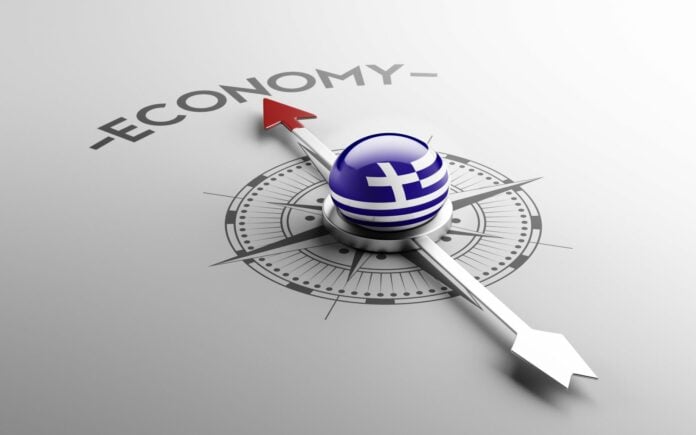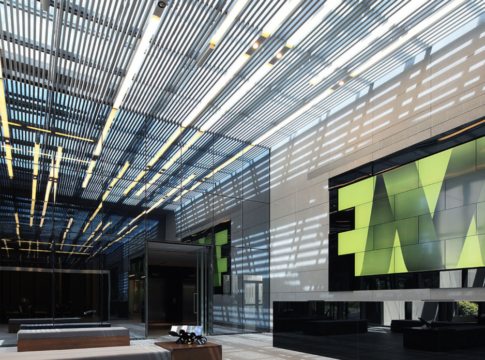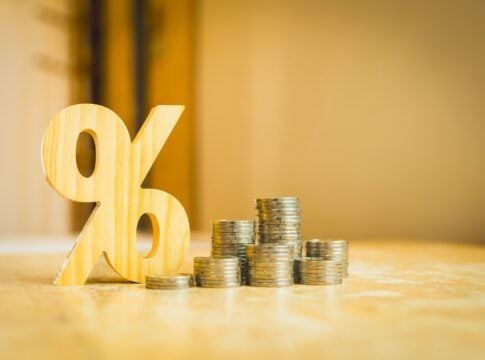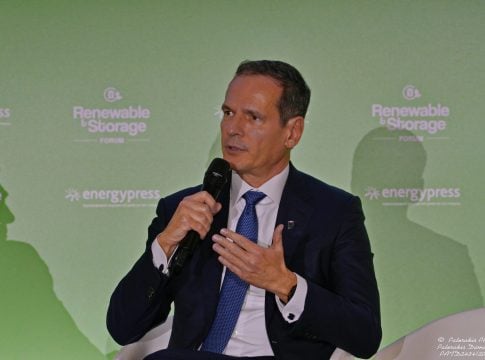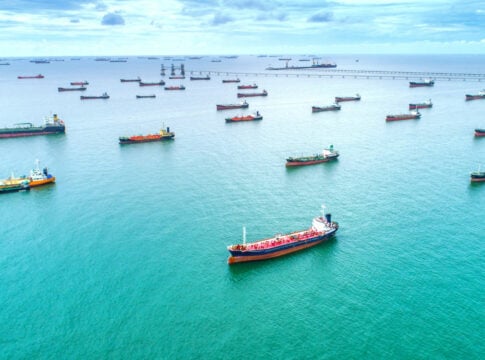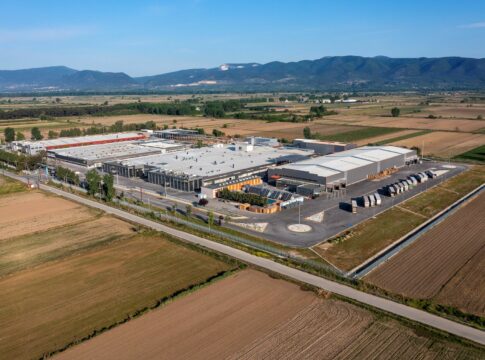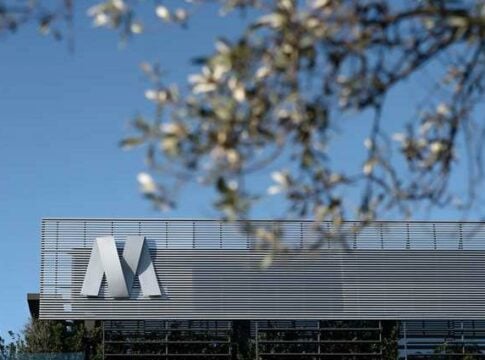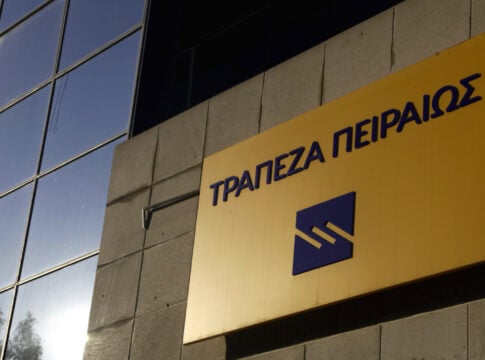Greece is close to the EU-27 average in green transition process and is currently above the EU average in the use of renewable energy sources for heating and cooling, but lags in digital transition, the Centre of Planning and Economic Research KEPE said in analysis report.
KEPE noted that reports and indicators released recently referred positively to the Greek economy’s efforts in the fields of green and digital transition. On green transition particularly, the Greek economy was very close the EU-27 average rate and exceeded the European average rate in the use of renewable energy sources for heating and cooling. However, the Greek economy lags significantly behind in the use of renewables on transport. At the same time, the country still has a lot to do to approach the European average in a series of parameters such as recycling, energy upgrading of buildings, sustainability of the agricultural sector, climate policies, green patents and investments on green food technologies.
Referring to digital transition, KEPE stressed that the country significantly delayed in starting the digitalization process and as a result it fell behind in the digitalization race compared with its European partners. The gap the country needed to close is so big that despite the significant efforts made towards digital transition, mostly because of the pandemic crisis, Greece doesn’t seem to approach the European average as fast as it should.
KEPE said that this twin transition –green and digital- are directly related with competitiveness. The Greek economy must focus on specific parameters to accelerate its digital transition and to become more competitive in the international environment.
According to the European Commission’s Transitions Performance Index TPI, the Greek economy while lags in economic, social and governance transition, ranks 10th in environmental transition, but its improvement in all four indicators is the second best (behind Croatia) in the EU27 for the period 2011-2020. According to Eurostat –the EU executive’s statistics arm- the Greek economy has managed to be near the EU average in the use of renewable on energy consumption and to exceed the EU average in the issue of renewables for heating and cooling, while it lags significantly in the use of renewable on transport.
Greece has made significant improvement in the Green Future Index of the MIT which includes 76 countries. Greece jumped 15 places to the 22nd position in the list in 2022, two notches away from the top-20 of global “green leaders”. The Greek economy also moved up to 16th position, from the 21st in 2021, in Ernst&Young’s Renewable Energy Country
Attractiveness Index which includes 40 countries
In digital transition, Greece remained at the 25th place of the European Commission’s Digital, Economy and Society Index DESI in 2022. The Greek population’s digital skills are very close to the EU average rate, with the 16-24 age group at 88%, up from the EU average rate of 71%. The country has made significant progress in covering VHCN networks and 5G, but remained behind in the penetration of fixed broadband communication speed of at least 100Mbps (9%) when the European average is 41%. It is also behind in promoting fiber to the home networks.


